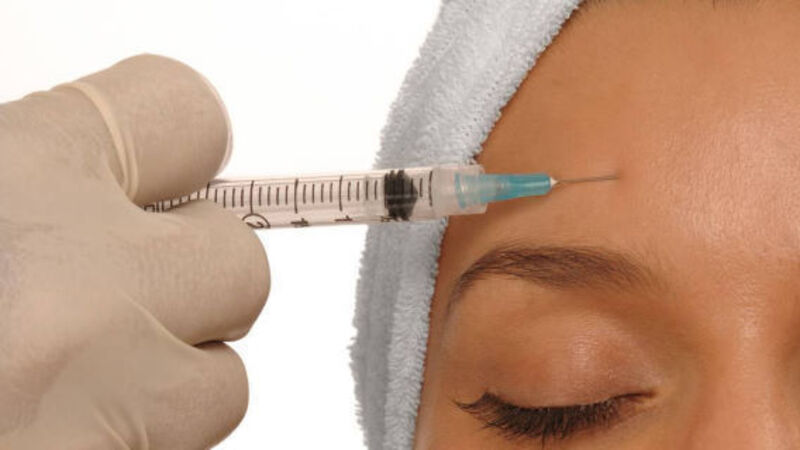Is cosmetic surgery a feminist issue?

After my first few interviews on television, I quickly learned that it was for the best if I didn’t watch them back afterwards. And when I say ‘for the best’, I mean I decided to do so in an attempt to remain a semi-sane human being. “Wait,” I kept saying to anyone who would listen. “Is that what my face actually looks like?” and then I promptly resolved to either a) model my facial expressions on Mona Lisa for the duration of my life or b) invest in extensive plastic surgery. When I had to watch the Asking For It documentary, I sat a distance from the television and refused to wear my glasses. Oh, how beautiful I looked at my blurry, unfocused best.

















